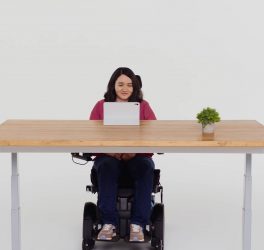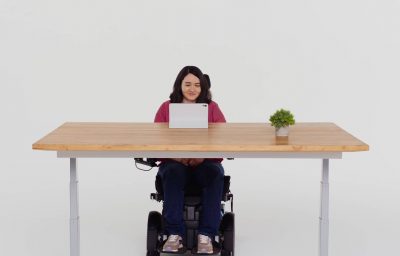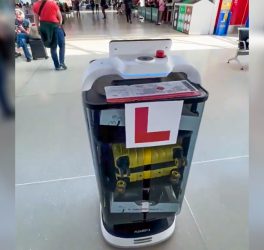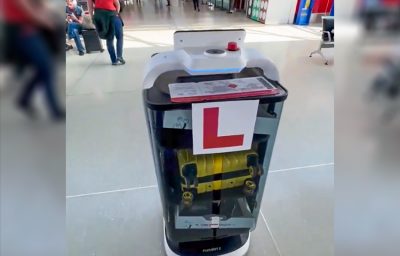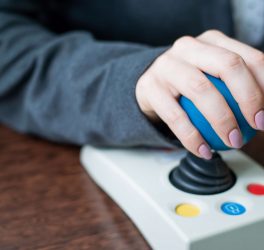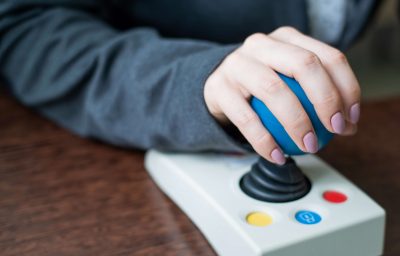An Indian-American led non-profit organization has launched a public utility app to locate and identify accessible buildings for persons with disabilities in India. The NGO, Voice of Specially Abled People (VOSAP), announced the launch of mobile app during the United Nations Conference of State Parties to the Convention on the Rights of Persons with Disabilities or COSP12, early this week.
A mobile app to find accessible places is very important in a country like India, it said. During the presentation of the app at the COSP12 conference, the NGO said that it empowers volunteers to be “change makers” , creating demand for accessibility.
Representatives of countries at the UN conference learnt about the app and potential adoption for their citizens with disabilities. “Voice of SAP’s flagship initiative, the Voice of SAP mobile app is now becoming the leading ‘public utility app’ for finding accessible places as well as empowering activism to create a demand for accessibility,” Manushri Desai and Shivam Saran said during their presentation at the UN headquarters in New York early this month.
Desai is an undergraduate student at the University of Southern California, while Saran at Emory University. The mobile app serves as a technology platform that joins leaders and volunteers hand-in-hand by adding to a growing dataset of accessible friendly buildings all over India, they said.
Read the original article.



